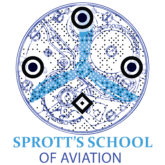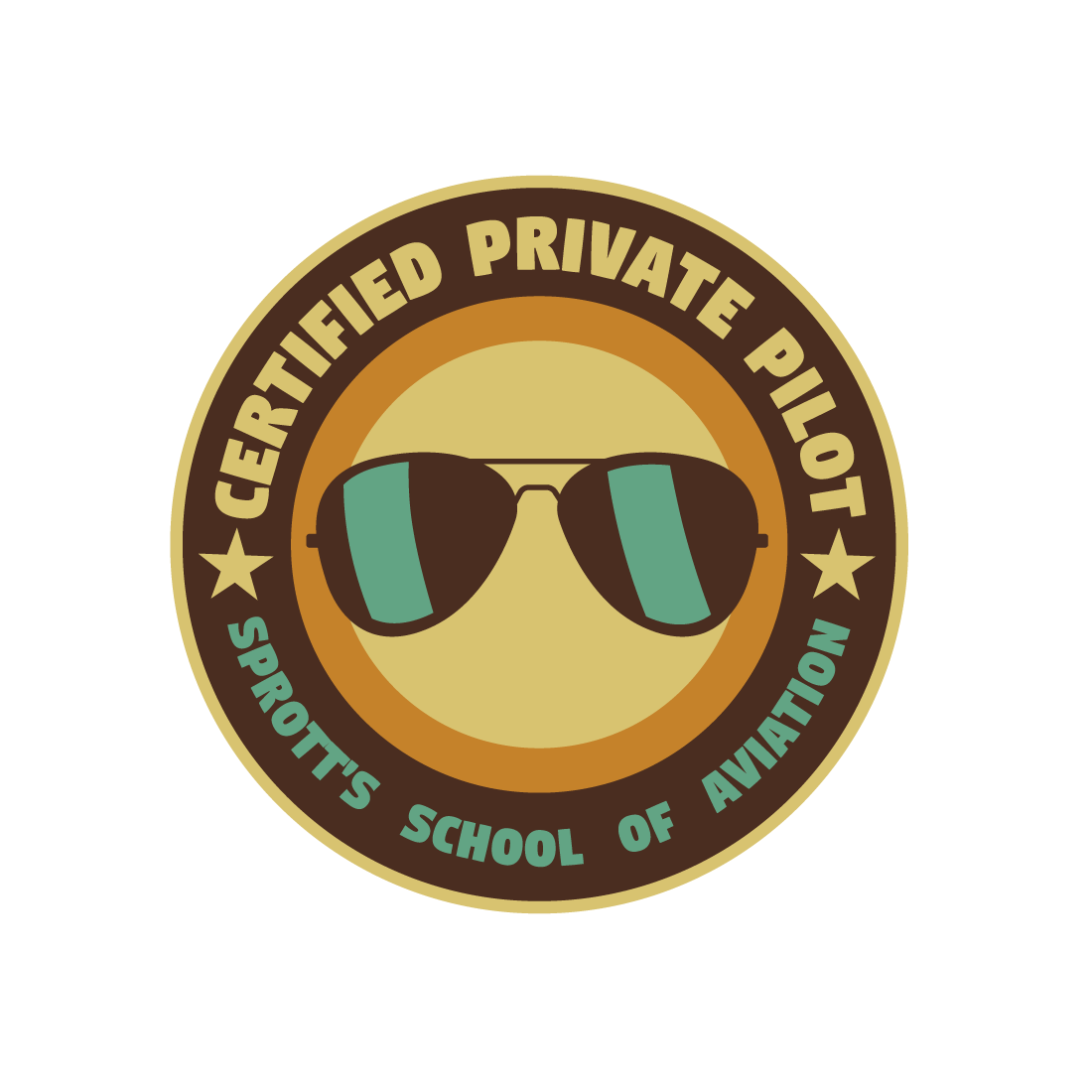Securing a Private Pilot License (PPL) can be a pivotal accomplishment with significant advantages, both personally and professionally. A PPL serves as a gateway to a myriad of opportunities in the realm of aviation and beyond.
1. Personal Freedom and Flexibility: One of the most immediate benefits of acquiring a PPL is the unparalleled freedom and flexibility it offers. You gain the ability to fly on your own terms, avoiding the hassles and limitations associated with commercial air travel.
2. Foundational Skillset: Earning a PPL provides you with the fundamental skills required in aviation. This opens the door to additional certifications and specializations, such as Instrument Ratings or Commercial Pilot Licenses, thereby broadening your skill set and potential career paths (Federal Aviation Administration, 2018).
3. Career Advancement: While a PPL itself doesn’t permit you to charge for your piloting services, it serves as a stepping stone for those considering a professional career in aviation. Many commercial pilots began their journey by first acquiring a PPL.
4. Networking Opportunities: The aviation community is a close-knit one. Becoming a licensed private pilot offers an opportunity to network with other aviation professionals, which can be beneficial for both personal growth and career opportunities.
5. Safety and Training: Through the rigorous training involved in obtaining a PPL, pilots learn crucial safety protocols, emergency response actions, and decision-making skills. This training can enhance your general safety awareness, even outside of aviation.
6. Sense of Achievement and Self-Confidence: Successfully earning a PPL is no small feat and serves as a significant personal achievement. The confidence gained from mastering complex skills and successfully navigating a plane can extend to other areas of life.
7. Educational Value: The process of obtaining a PPL involves learning a range of subjects, including aerodynamics, meteorology, and navigation. These educational components can enrich your understanding of the world from a scientific perspective.
8. Recreational Opportunities: Beyond practical and professional benefits, having a PPL allows you to engage in unique recreational activities, like aerial sightseeing or even aerobatic flying, enriching your life with novel experiences.
9. Asset in Emergencies: Though a less commonly cited benefit, being a skilled pilot can be an asset in emergency situations, enabling you to assist in disaster relief efforts or other urgent circumstances.
Curriculum Highlights:
1. Aerodynamics Fundamentals: Delve deep into the science of flight, understanding the physics behind lift, drag, and propulsion.
2. Navigation Techniques: Master the art of chart-reading, understanding latitude, longitude, and how to utilize GPS technology efficiently.
3. Aviation Law & Regulations: Equip yourself with a robust understanding of FAA rules, aircraft certifications, and air traffic control guidelines.
4. Meteorology: Acquire crucial weather-reading skills to understand how different weather conditions affect flying.
5. Flight Planning: Learn how to plan your flight routes, calculate fuel requirements, and make in-flight adjustments for unforeseen circumstances.
6. Radio Communication: Gain competence in aviation phonetics, and radio protocol to communicate effectively with air traffic control.
7. Safety Protocols: Understand essential safety measures, including emergency procedures and risk management techniques.
Upon completion of this in-depth theoretical course, you’ll possess the requisite knowledge base to confidently pursue hands-on flying lessons and practical examinations. Not only does our online course prepare you for the next step towards obtaining your Private Pilot License, but it also equips you with an educational foundation that will serve you well in any aviation-related career.


